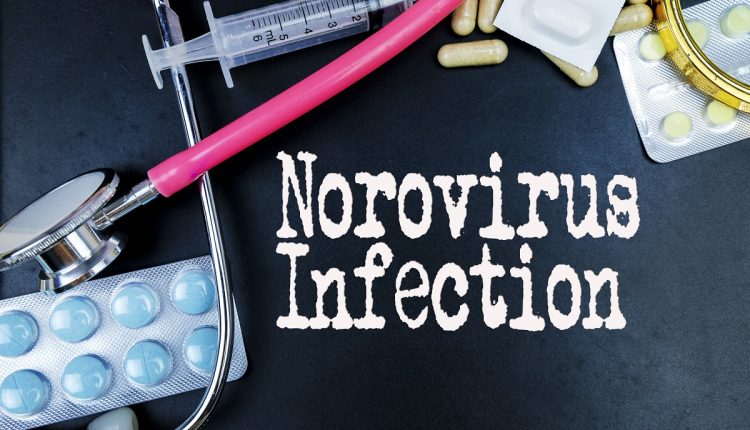
Beware of the Winter Vomiting Bug
Historically, the Influenza virus was the lead villain of the winter season, causing runny noses and sore throats. Over the past few years, this notoriety has been transferred to the Norovirus which has recently become famous for causing food-poisoning in the winter season, giving it the title of the Winter Vomiting Bug.
As its name suggests, this bug causes stomach aches, vomiting and diarrhea which may lead to severe dehydration and can prove to be life-threatening in vulnerable cases.
Symptoms appear 12-48 hrs after the exposure and last for 1-2 days. The virus cannot be detected by routine blood cultures and requires a sophisticated PCR test for confirmation. As management is generally supportive, focusing on painkillers and increased fluid intake, the patient’s treatment may be started without confirming the diagnosis.
RELATED: How To Know If You Have A Headache Or Migraine?
The virus is shed through the feces and vomit of infected people. Often such infected people do not follow safety measures and end up spreading the virus into their surroundings, leading to an outbreak.
Despite its intimidating name and serious signs and symptoms, keeping yourself safe from this debilitating virus involves some simple, common-sense precautions, which are essential for all feco-oral diseases.
Keep Your Hands Clean

As this virus is transferred from one person to another, hand washing is essential for all.
RELATED: Here is why Pakistan should celebrate Global Handwashing Day
Viruses are active in the feces of infected people for more than two weeks after recovery, so proper hand washing is important even after the symptoms resolve. Research shows that in the case of norovirus, hand sanitizers are not as effective and washing hands with soap and water is preferred.
Be Careful While Preparing Food
Fruits and vegetables can get contaminated if they are grown inland irrigated with a contaminated water supply or if an infected person touches it with their contaminated hands. Therefore, all fruits and vegetables should be washed thoroughly before eating and like in all food-borne diseases, proper hand washing is critical for those involved in the preparation of food.
Stay away from the sick
The Norovirus is transmitted through tiny particle of feces or vomit which cannot be seen by the naked eye. The disease is easily transferred from one person to another, so healthy people should stay away from the sick as the virus can also spread through contamination of the patient’s belongings. Patients who get infected should not share their meals or food utensils with others, especially when they are in the acute vomiting phase of the disease. Family members and healthcare workers should take full precautions while taking care of the infected person.
Disinfect Surfaces

Any surface which may be infected has the potential to transfer the pathogen to a healthy host. Simple cleaning may not serve the purpose and clinical-strength disinfectants with bleach are needed to ensure that the virus has been eliminated completely. Don’t forget to leave the bleach on the surface for 5-10 minutes so that it gets enough contact time to complete its viricidal action.
Wash Laundry Thoroughly
Fabric has a high potential of serving as a reservoir of infectious organisms, therefore the patients clothes, as well as their bed-linen, towels, etc need to be washed with hot water, at the maximum heat level. Use gloves to protect your hands from coming into contact with the water while washing the clothing.
According to the CDC, The US has a yearly average of 19 to 21 million cases of acute gastroenteritis which can be attributed to the Norovirus. The disease spreads rapidly, which is why prevention is key. Following the basic principles of food safety and hand hygiene can protect us from this notorious Winter bug as well as the myriad of food-borne illnesses which trouble us throughout the year.
Reference : https://www.cdc.gov/norovirus/index.html

